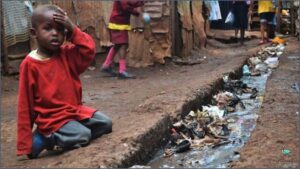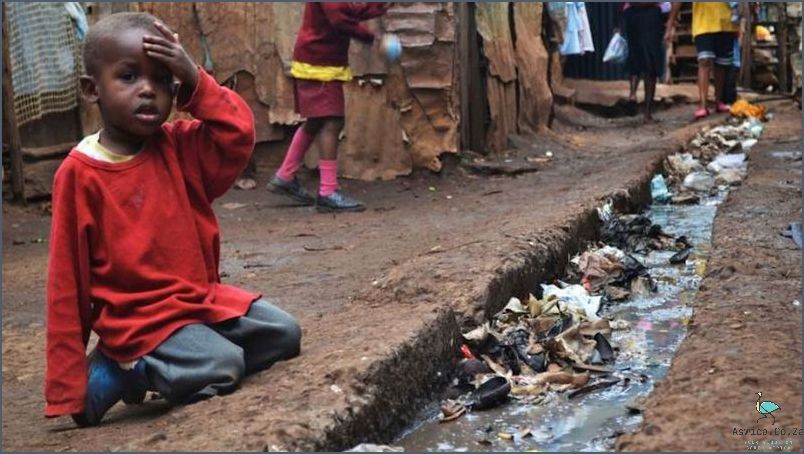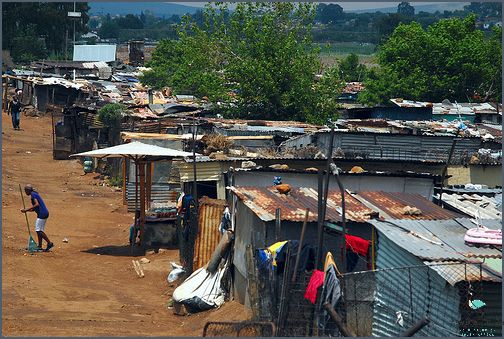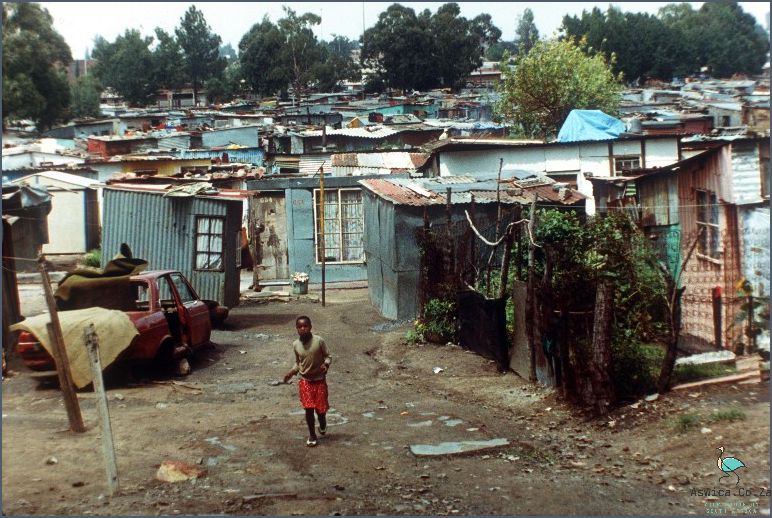
Africa Living Conditions refers to the factors that define the quality of life of people living in Africa. This includes factors such as access to resources, health care, education, employment, housing, infrastructure and other basic services. With over 1.2 billion people living in the continent, there is great diversity in the living conditions experienced by Africans. In some countries, access to basic services and resources is limited, resulting in poverty and deprivation. In other countries, access to resources and services is better, resulting in improved living standards. Overall, the living conditions in Africa are improving, but there remain vast inequalities that need to be addressed.
Contents
Africa Living Conditions
Africa is a diverse and complicated continent, and the living conditions vary greatly from place to place. Despite this, the overall quality of life in Africa is lower than in many other parts of the world. Poverty is widespread, and access to basic necessities such as food, water, healthcare, and education is often limited. In addition, infrastructure such as roads and electricity networks is often inadequate or nonexistent. Climate change has further exacerbated the already high levels of poverty in many African countries, leading to food insecurity, displacement, and other related problems. Despite these challenges, there are signs of hope in many parts of the continent, as governments, organizations, and individuals work together to improve living conditions and create a brighter future for all Africans.
Poverty and Inequality in Africa
Africa is a continent with a rich history and varied cultures. It is also a continent that has been plagued by poverty and inequality for decades. While there has been some improvement in the standard of living in many African countries, the level of poverty and inequality in Africa remains among the highest in the world.

The causes of poverty and inequality in Africa are multi-faceted. In some cases, lack of access to resources, such as land and education, can lead to poverty. In other cases, poor governance and a lack of economic opportunities can contribute to poverty and inequality. In addition, conflict and war have left many African countries devastated, leading to even more poverty and inequality.
The effects of poverty and inequality in Africa have been far-reaching. Millions of people are living in extreme poverty, without access to basic necessities like food, water, and medical care. This has led to poor health, malnutrition, and even death for many. In addition, the lack of economic opportunities has led to an increase in crime and violence, as well as environmental degradation.
In order to address poverty and inequality in Africa, it is important to focus on economic development and job creation. This can be done by providing access to resources, increasing access to education, and improving governance. It is also important to promote peace and stability in order to create a safe and secure environment for economic development. Finally, it is important to ensure that the economic benefits of development are shared among all people, so that everyone can benefit from the growth of their country.
There is no single solution to the problem of poverty and inequality in Africa. However, with the right policies and initiatives, it is possible to make progress and improve the lives of millions of people. By working together, governments, NGOs, and individuals can create a brighter future for Africa, one that is free from poverty and inequality.
Health and Sanitation in Africa
Africa is a vast continent with 54 countries and a population of over 1.2 billion people. Although there has been great progress made in improving the living conditions in Africa, there is still much work to be done. Health and sanitation are two key issues that need to be addressed in order to improve the quality of life for the people of Africa.

The lack of access to safe drinking water and adequate sanitation facilities is a major problem in Africa. In many rural areas, water is collected from rivers, lakes, and other sources that are contaminated and unsafe for drinking. In urban areas, water is often scarce and not properly treated, resulting in waterborne diseases such as cholera, typhoid fever, dysentery, and hepatitis. Poor sanitation, such as the lack of proper waste management and disposal systems, leads to further health problems such as diarrhea and malaria.
The lack of access to basic health care is also a major problem in Africa. Many of the rural areas do not have access to health facilities and those that do are often understaffed, underfunded, and ill-equipped. This leaves many people without access to life-saving treatments and medications. In addition, many African countries have weak health systems and inadequate health care personnel.
The good news is that there are many initiatives in place to address these issues. Governments and organizations are working together to improve access to clean water, sanitation facilities, and health care. In addition, there are many NGOs and charities working to provide access to clean water and sanitation, as well as medical supplies and equipment.
The challenges of health and sanitation in Africa are immense and will require the collective effort of governments, organizations, and individuals to address. With the right investments, education, and support, we can ensure that the people of Africa have access to safe drinking water, adequate sanitation, and quality health care.
Education in Africa
Africa is a vast and varied continent, and the living conditions across its many countries are similarly diverse. Though the continent is home to some of the world’s poorest countries, it also boasts booming economies and rapidly developing infrastructure. However, one unifying factor in most African nations is the importance of education.

Education has always been a priority for African peoples, and has been passed down through generations of oral tradition. In modern times, this dedication to education has evolved into a more formalized system, and many countries have made great strides in terms of access and quality of education offered.
In recent years, governments across the continent have increased their focus on education and have made strides in improving the quality of education available. In many countries, this has included efforts to increase the availability of resources such as books, computers, and other technology. Additionally, many nations have invested in teacher training and professional development opportunities, as well as initiatives to improve the physical infrastructure of schools.
In addition to government-led efforts, there are also numerous private initiatives and organizations that are devoted to improving education in Africa. These organizations provide resources, mentorship, and educational opportunities to children, as well as to adults who want to further their education.
Despite these efforts, there are still major gaps when it comes to education in Africa. Many children are unable to access the education they need due to poverty and lack of resources. Additionally, there is a lack of adequate infrastructure in many rural areas, and even in urban areas, schools are often overcrowded and under-resourced.
Though the challenge of providing quality education to all people in Africa is great, it is not insurmountable. With continued investment from governments and private organizations, as well as a commitment from all Africans to ensure that everyone has access to the education they need, the continent will be able to continue to make progress.
Conclusion
The living conditions in Africa are a complex issue. From a global perspective, the region has seen significant improvements in many areas, such as health, education, and access to basic services. However, there remain areas of concern, including poverty, inequality, and lack of access to essential resources. Despite the progress made in recent years, the region still faces significant challenges in creating sustainable and equitable living conditions for its population. In order to create a better future for the people of Africa, it is essential to address these issues by increasing access to resources, creating economic opportunities, and promoting equitable distribution of resources. Furthermore, it is important to recognize the potential of African nations and empower them to create a more equitable and sustainable living environment for all.




